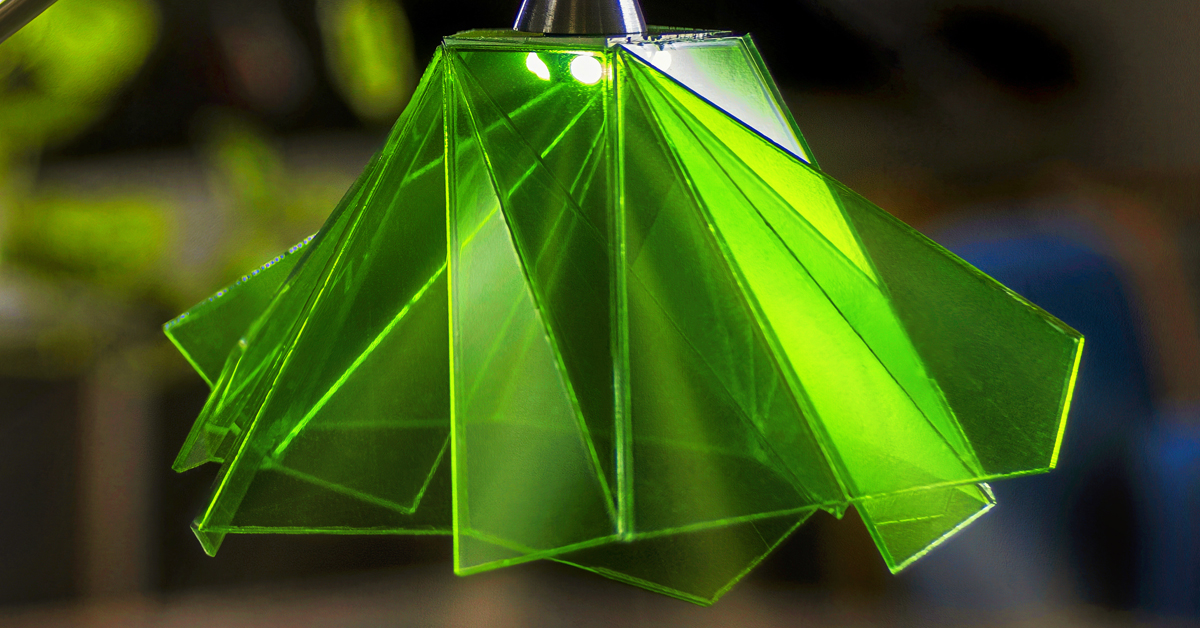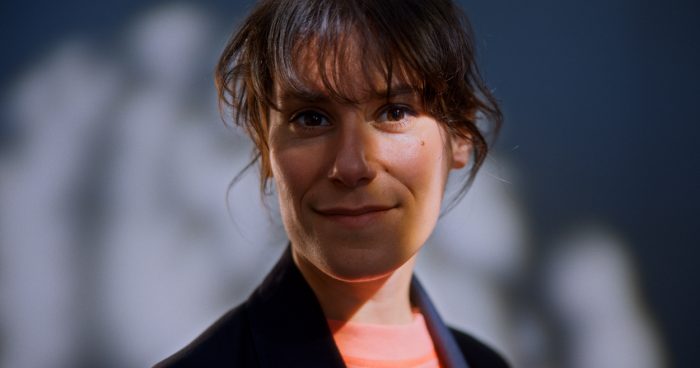
Concept for an organically constructed solar panel that, after charging in your window, turns into a light shade. The light shade is the source of power for the lamp itself, resulting in an energy neutral lamp that can be used anywhere.
A papaya enzyme (papain) has been discovered useful in
the production of environmentally friendly solar panels. The enzyme reduces the power needed to produce titaniumdioxide (TiO2), the conductive material that harvests energy from the sun when used in association with organic dyes inside the panel. Producing TiO2 is currently an energy consuming process, that involves heating at 700C for severalhours, a procedure that can only be done in specialized facilities. Professor Duncan McMillan from Delft University of Technology discovered that this process can be done at 250C in two hours by using a common fruit enzyme called papain during the oxidation process.
Idea for an organically constructed solar panel that, after charging in your window, turns into a light shade.
About Teresa van Dongen
Teresa van Dongen (34) is a bio-designer who strives to create immersive installations that spark the human curiosity to learn more.
Prior to her design education (Design Academy Eindhoven), Teresa studied biology for two years. Here she discovered that both nature and international science labs zooming in on nature, are home to many wonders that remain relatively unknown. Van Dongen is convinced that art and design can help translate this abundance of natural and scientific potential. She is fascinated by microbial life, alternative forms of energy and material innovation. Through her designs, she likes to visually engage her audience and hopes to spark a conversation.
Van Dongen’s work is and was published, awarded and exhibited internationally.

Thanks to
Thanks to Crossing Paralels, Stimuleringsfonds Creatieve Industrie
